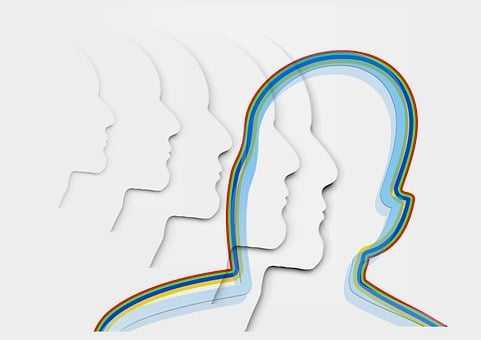What's Empathy Got to Do With It?: How to Exercise Your Thinking and Feeling Muscles
Curated from: mindtools.com
Ideas, facts & insights covering these topics:
5 ideas
·1.39K reads
16
Explore the World's Best Ideas
Join today and uncover 100+ curated journeys from 50+ topics. Unlock access to our mobile app with extensive features.
Empathy
Empathy means seeing things through someone else's eyes. It is an essential component that keeps relationships running smoothly. It allows us to create bonds of trust, gives insights into another's situation, helps to understand why others are reacting to situations.
Studies have shown that patients who had damage to part of the brain associated with empathy showed a lack of relationship skills, even though their reasoning and learning abilities stayed unaffected.
77
380 reads
Empathy in the business world
There are many studies that link empathy to business results. Empathy is correlated with increased sales, performance of the best managers of product development teams, and with enhanced performance in a diverse workforce.
It is predicted that those with a strong right-brain (interpersonal) qualities will have the upperhand in the Conceptual Age.
65
273 reads
Reasons why empathy is important
Dr. Daniel Goleman gives three reasons why empathy is so important:
- The increased use of teams (that could spark different emotions.)
- The rapid pace of globalization (with cross-cultural communication that could lead to misunderstanding)
- The growing need to retain talent.
Leaders with empathy do more than sympathize with people - they use their knowledge to improve their companies in skillful and subtle ways.
63
286 reads
Where empathy comes from
Empathy is a process of thinking and emotion.
- We need our reasoning skills to understand another person's thoughts, feelings, reactions, concerns, and motives.
- We need the emotional capacity to care for that person's concern. We don't have to always agree with the person but should acknowledge their thoughts, feelings, or concerns.
65
208 reads
How to develop empathy
- Truly listen to people. Pay attention to their body language, tone of voice, emotions behind what they are saying to you, and to the context.
- Don't interrupt people. Don't dismiss their concerns offhand. Don't rush to give advice.
- Practice the "93 percent rule". Words account for only 7 percent of the total message that people receive. The other 93 percent of the message is contained in our tone of voice and body language.
- Use people's name. Also, remember the names of people's spouses and children.
- Be fully present when you are with people.
- Encourage people, particularly the quiet ones, when they speak up in meetings.
- Give genuine recognition and praise. Pay attention to what people are doing and praise them
- Take a personal interest in people. Show people genuine curiosity about their lives.
96
251 reads
IDEAS CURATED BY
Michelle A.'s ideas are part of this journey:
Learn more about personaldevelopment with this collection
How to write an effective resume
How to network and make connections
How to prepare for a job interview
Related collections
Similar ideas
8 ideas
Why Empathy Is Important
verywellmind.com
2 ideas
Self-Control Is Just Empathy With Your Future Self
theatlantic.com
3 ideas
What Is Self-Reflection and How to Practice It
productive.fish
Read & Learn
20x Faster
without
deepstash
with
deepstash
with
deepstash
Personalized microlearning
—
100+ Learning Journeys
—
Access to 200,000+ ideas
—
Access to the mobile app
—
Unlimited idea saving
—
—
Unlimited history
—
—
Unlimited listening to ideas
—
—
Downloading & offline access
—
—
Supercharge your mind with one idea per day
Enter your email and spend 1 minute every day to learn something new.
I agree to receive email updates

